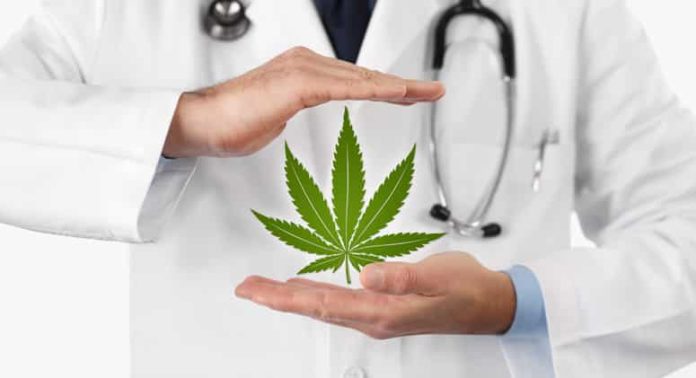
You’ve probably heard of medical marijuana by now. What do you really know about it? While medical marijuana has become widely accepted in many U.S. states, it is still illegal under federal law. Up until recently, studies have focused on tetrahydrocannabinol (THC), the compound in marijuana that produces the telltale “high.” However, the spotlight has recently shifted to another compound found in marijuana, cannabidiol (CBD), for its ability to ease many of the same symptoms without the intoxicating side effects.
What It Could Do For You
CBD oil, which can be ingested in food or via a vape pen, has shown great promise in treating many conditions, such as anxiety, inflammation, insomnia, nausea, appetite loss, seizures, chronic pain, and even autism. Studies reveal it may even slow the progression of cancer and Alzheimer’s disease. If you’ve been having trouble managing any of those symptoms, talk to your doctor and see if CBD oil might be right for you.
How Does It Work?
CBD is one of many cannabinoids, or compounds that affect endocannabinoid receptors in the body, primarily receptors CB1 and CB2. THC binds with CB1, which affects appetite, pain, mood, and inflammation, but THC’s binding to that receptor also causes marijuana’s intoxicating effects. CBD works differently by influencing the behavior of the body’s own endocannabinoids, and increasing their levels in the brain while reducing the CB1 receptor’s ability to bind with THC. This allows the body to ease its own symptoms more effectively, and without the high.
A Word of Caution
CBD that is derived from the hemp plant is thought to be legal in all 50 states, but there are gray areas and there is controversy over this. It’s the CBD that is derived from the marijuana plant that causes most of the controversy. It’s not simply a matter of “is it legal or not?” As of November of 2017:
- 8 states and Washington, D.C. legalized the recreational use of marijuana and CBD products derived from marijuana, without a prescription.
- 29 states and Washington, D.C. legalized medicinal use of marijuana and CBD products.
- All but 4 states allow for CBD products from the marijuana plant to be dispensed with a prescription (but only for the treatment of certain conditions). The 4 states that have not legalized CBD by prescription are Idaho, Kansas, Nebraska and South Dakota.
*There are so many little nuances to what each state allows, for what condition, in what dosages, etc. And new legislation per state can come up rather quickly. See a full breakdown here.
Authorities still warn against ordering CBD oil by mail, as federal law still sees the movement of any marijuana product as trafficking, but there is controversy over this as well. Even more, the market is still young and quality control varies drastically between products, so make sure you do your homework before making any purchases.
Thank you to our friends at Wellness.com for contributing this piece.
Copyright 2019, HealthyResearch.com
















